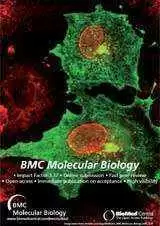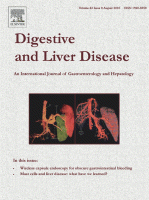Celiac.com 01/05/2015 - Doctors recommend medical follow-up of celiac disease patients for gluten-free diet (GFD) adherence monitoring and complication detection. But, what happens to celiac kids who don’t get good medical follow-up?
A team of researchers recently tried to figure out how the LTFU kids fared health-wise compared to kids who did receive follow-up, and what barriers the LTFU kids might face in successfully following a gluten-free diet.
Celiac.com Sponsor (A12):
 The research team included L. Barnea, Y. Mozer-Glassberg, I. Hojsak, C. Hartman, and R. Shamir. They are variously affiliated with the Institute of Gastroenterology, Nutrition and Liver Diseases, Schneider Children's Medical Center of Israel, Petach Tikva and the Sackler Faculty of Medicine at Tel-Aviv University in Tel Aviv, Israel.
The research team included L. Barnea, Y. Mozer-Glassberg, I. Hojsak, C. Hartman, and R. Shamir. They are variously affiliated with the Institute of Gastroenterology, Nutrition and Liver Diseases, Schneider Children's Medical Center of Israel, Petach Tikva and the Sackler Faculty of Medicine at Tel-Aviv University in Tel Aviv, Israel.
They had previously shown that 35% of children with celiac disease were lost to follow-up (LTFU), that is, they did not receive follow-up care for their celiac disease. The study team used a telephone questionnaire to assess 50 LTFU patients regarding frequency of follow-up, serology testing, and adherence to GFD measured by validated Biagi score. They had fifty two regular follow-up patients serve as a control group.
The results showed that the LTFU patients had poor adherence to GFD, with an average Biagi score of 2.0 ± 1.4, compared to control scores of 3.0 ± 1.0 (p < 0.001).
Only 22% of LTFU performed periodic celiac serology testing compared to 82% of the control group (p < 0.001).
Fifty percent of the LTFU kids had higher prevalence of positive celiac serology tests, compared to 25% of controls, (p = 0.01).
Just 24% of LTFU kids were National Celiac Association members, compared with 44% of control kids (p = 0.05).
Regression analysis showed positive relationships between LTFU and poor adherence to GFD (R2 = 0.26737, p = 0.001), older age at diagnosis (R2 = 0.30046, p = 0.03), and non-membership in a celiac association (R2 = 0.18591, p = 0.0001).
So, when the dust settled, the study showed that children LTFU were more likely to not follow a strictly gluten-free diet, and to have positive blood tests for anti-gluten antibodies. Accordingly, the team recommends that risk factors for LFTU be identified and addressed in order to improve patient care.
Source:
- Open Original Shared Link









Recommended Comments